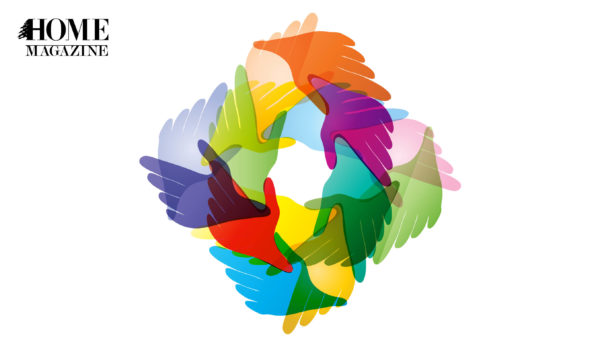Knowing what sleep does for us, I’m determined to get more of it!
When I moved to Lebanon, I expected an escape from my hectic American lifestyle. I was used to burning the candle at both ends, like practically everyone else I knew. I wanted a healthier routine that included regular exercise and sleep, and imagined I’d get it in a laid-back Mediterranean paradise. That’s not what happened.
I found myself surrounded by ambitious Lebanese and worked non-stop just to keep up—sleeping less than before. That is until a year ago when I learned about the work of neuroscientist Matthew Walker, the director of the Center for Human Sleep Science at the University of California, Berkeley.
Walker’s research, recently published in his 2018 book Why We Sleep, examines the links between sleep deprivation (which he defines as “less than seven hours a night”) and various health problems, including Alzheimer’s disease, cancer, diabetes, obesity and poor mental health. “No aspect of our biology is left unscathed by sleep deprivation,” he wrote. “It sinks down into every possible nook and cranny.”
Walker explained to The Guardian in a 2017 interview, “I give myself a nonnegotiable eight-hour sleep opportunity every night, and I keep very regular hours: if there is one thing I tell people, it’s to go to bed and to wake up at the same time every day, no matter what. I take my sleep incredibly seriously because I have seen the evidence.
“Once you know that after just one night of only four or five hours’ sleep, your natural killer cells—the ones that attack the cancer cells that appear in your body every day—drop by 70%, or that a lack of sleep is linked to cancer of the bowel, prostate and breast, or even just that the World Health Organization has classed any form of night-time shift work as a probable carcinogen, how could you do anything else?”
Unfortunately, lots of people do not get enough sleep, Walker said. In National Public Radio’s show Hidden Brain, host Shanker Vedantam noted that many people brag about sleeping very little. “In the United States, it’s seen as a badge of honor to say, ‘I get very little sleep because I’m so productive and I work so hard and I achieve so much.’”
Walker agreed. “Sleep has an image problem right now, and it’s not just in America. We label people who get sufficient sleep—and I choose that word very carefully—with being lazy, with being slothful. And that is a terrible disservice to society … no one looks at an infant sleeping during the day and says, what a lazy baby.”
We are in the midst of “a catastrophic sleep-loss epidemic,” the consequences of which are far graver than any of us could imagine, he said.
How sleep keeps us healthy
Walker calls sleep “the Swiss Army knife of health. When sleep is deficient, there is sickness and disease. And when sleep is abundant, there is vitality and health.” A good night’s sleep is a healthy balm that improves our memories, reduces stress, lowers blood pressure and repairs our bodies.
In Why We Sleep, Walker highlights research that shows:
• The shorter you sleep, the shorter your life (more than 20 large scale studies all report the same clear relationship);
• Adults aged 45 years or older who sleep less than six hours a night are 200 percent more likely to have heart attack or stroke than those sleeping seven or eight hours a night;
• Just one night of modest sleep reduction will significantly increase blood pressure;
• Sleep reduction reduces the body’s effective control of blood sugar, increasing the possibility of diabetes;
• Sleep reduction is associated with weight gain;
• Reduced sleep for even a single night affects the immune system and resilience;
• Short sleep affects cancer-fighting immune cells, increasing the risk of cancers of the colon, breast, prostate and endometrium.
• Reduced sleep increases the risk of Alzheimer’s disease;
• Sufficient sleep improves mental health.
How to get a good night’s sleep
In my case, getting enough sleep only required deciding to prioritize it.
Fortunately, I can fall asleep anytime, anywhere.
I’ve set the sleep alarm on my phone to get eight hours of sleep before 6 a.m. At 9:30 p.m., a single rift of “Go to Sleep Little Baby” plays, letting me know it is time to prepare for bed. I put on my pajamas, brush and floss my teeth, and get in bed. Lights out by 10 p.m.
That works well until those days when I find that I have promised more than I can do. Then, I’ll ignore the signal—stay up late and wake early.
So, I remind myself once again of all the clear connections between sleep and health, and I resolve again to make sleeping a priority.
Waking up well rested is a joyful experience. What a great way to begin every day!

































